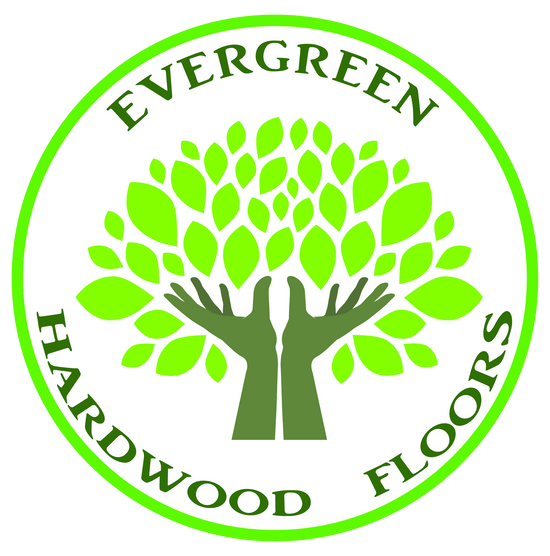News

Cork Flooring
Before considering this product, it’s important to highlight that cork is no longer in trend and is not recommended.
Cork is obtained from the bark of European Oak trees. Today there are many aesthetic possibilities and formats, without removing its main characteristic of irregular grains, which provide it with beauty and elegance. Cork Floors are treated with either seals or varnishes, which increases its resistance, impermeability, and durability.
Cork Floors have many advantages:
-
They're easy to install.
-
They provide a spongy feeling that is pleasant when walking.
-
It has thermal insulation and decreases loudness.
-
They are malleable and non-slip,
-
They’re hypoallergenic.
Disadvantages:
-
They're expensive.
-
They have several aesthetic possibilities, but there is not as much variety of designs as other types of hardwood floor do.
-
They can’t be installed in rooms where there's sun for a long time; constant exposure and sunlight will affect its hue.
- D Perez
- Tags: aesthetic cork cork floors hypoallergenic install insulation

Hardwood Polyurethane Finishes
Polyurethane finishes are available in three different types of sheens.
- High gloss polyurethane is the highest performing gloss; it's heavy duty, robust, flexible, very shiny, and used mainly on metals like iron and steel and also on newly poured concrete.
- Semi-gloss, typically used on hardwood, furniture, and other wooden surfaces. It's fast drying, within 24 hours, and provides a subtle shine.
- Satin is also quick drying, it's durable, and adds minimal shine for a more matte look.
Water-based polyurethane is the most popular option; it's odorless and transparent. Many people enjoy it because it requires less ventilation in areas where applied, but it's less durable and more expensive than oil based and requires more coats. Because of certain chemicals in oil, it needs to be applied in areas where there's high ventilation. Another slight defect is that it doesn't dry as quickly; however, it's durable and resistant to moisture and heat. If you prefer to keep the natural color of the wood, oil-based wouldn't be a good option since it changes color over time.
Call us for a FREE ESTIMATE on your hardwood floor at (408) 509-8627 or (408) 333-9771. You can also visit our website at www.evergreenhardwoodfloors.com.
- D Perez

Hardwood Refinish Services

For a better look for your hardwood floor, you can refinish it by sand and restain it, but first, you need to know whether it's Solid Hardwood or Engineered Hardwood. You may or may not be able to refinish this type of floor, depending on how thick its top layer is.
In this process we first sand the existing hardwood, this ensures it's clean and smooth, then we can restain it with the selected color and apply either one or two coats of the floor finish, these are things like oil and water based polyurethane to protect the wood from damage. After this, we recommend waiting 24 hours until moving furniture into the space.
This process is an easy way to bring life back to your hardwood floors with a new look that you desire. Evergreen Hardwood Floors has a variety of shades ranging from naturals to rich darks, perfect for all your needs.
Call us for a FREE ESTIMATE on your hardwood floor at (408) 509-8627 or (408) 333-9771. You can also visit our website at www.evergreenhardwoodfloors.com.

SPC vs WPC


Stone Plastic Composite (SPC) and Wood Plastic Composite (WPC) are two types of vinyl engineered flooring. For the most part, they are very similar.
They have common layers, a wear layer, and a vinyl topcoat. The wear layer is transparent and adds scratch and stain resistance. The vinyl topcoat is a thin layer of vinyl, which makes it waterproof. In SPC, this layer the pattern and texture of the flooring. The next two layers in SPC are SPC core, which adds stability and the attached underlayment, which add softness to the floor and help reduce sound. In WPC, the next two layers are the decorative print and the WPC core, which adds stability, and sturdiness.
They both offer the same advantages. Both are waterproof, offer a variety of textures and styles, are budget-friendly, require low maintenance, are comfortable, are resistant to scratches and stains, are easy to install and are stable in different types of environments where temperatures vary.
Their main differences are their thickness, their durability, sound insulation, and price. WPC has a thicker core making it thicker. SPC is denser, which makes it more resistant to heavyweights, this is more durable. Being thicker, WPC provides more sound insulation.
Both are popular options which would very well accommodate your home.
If you have any questions, feel free to contact us at (408) 333-9771 or at (408)509-8627.
- D Perez
- Tags: SPC Vinyl Waterproof Flooring WPC

